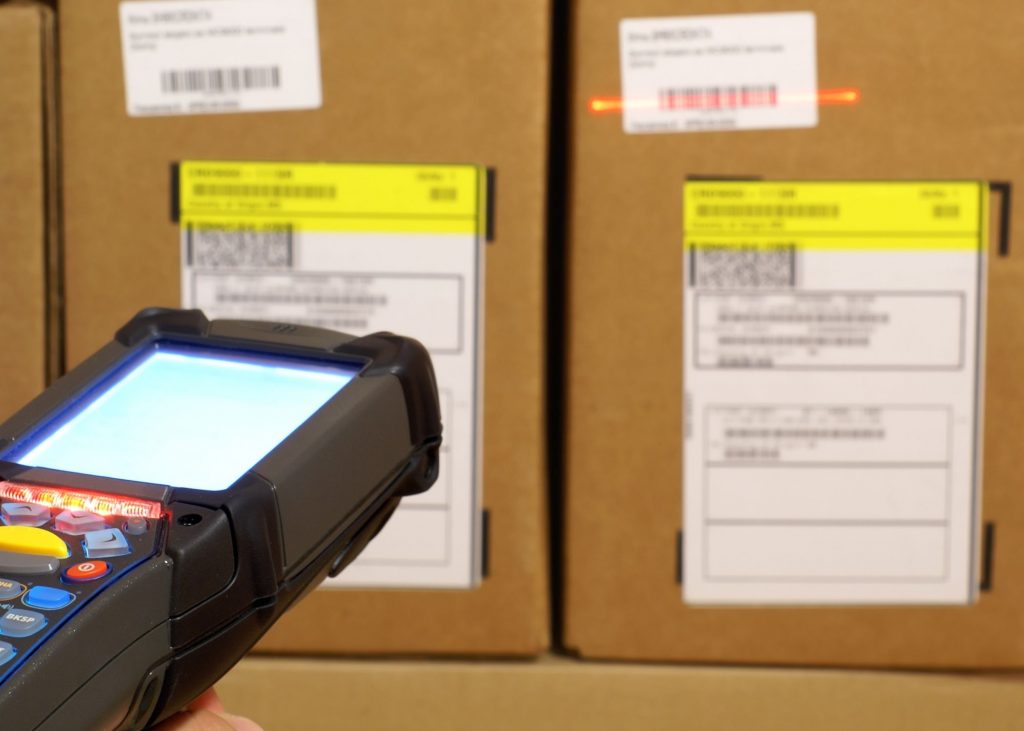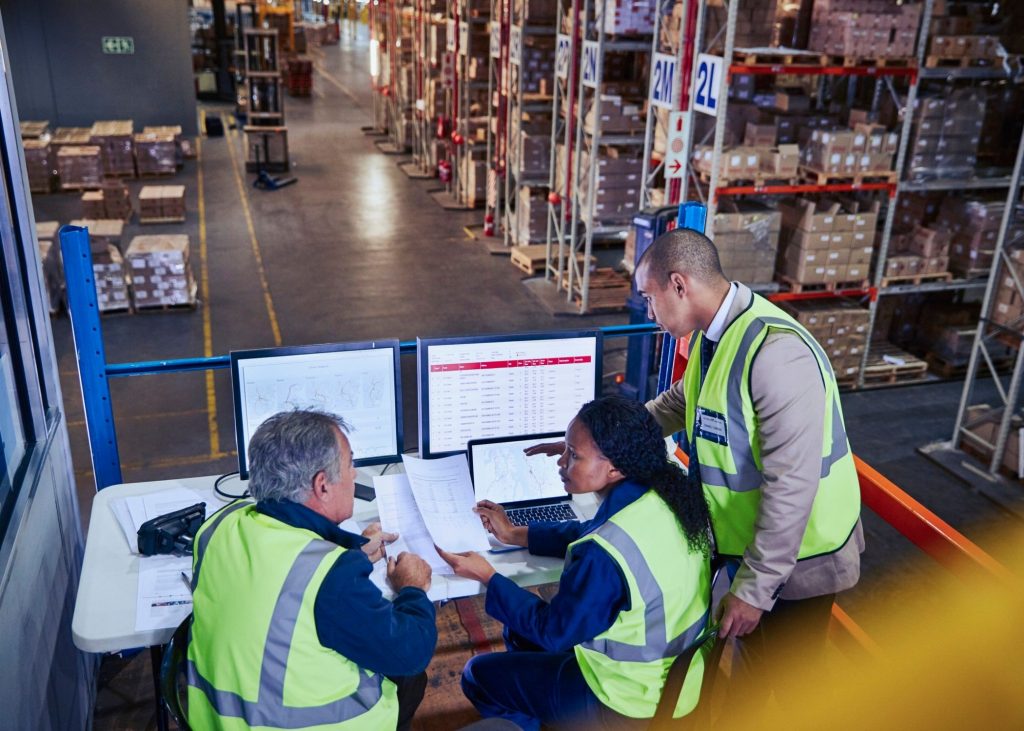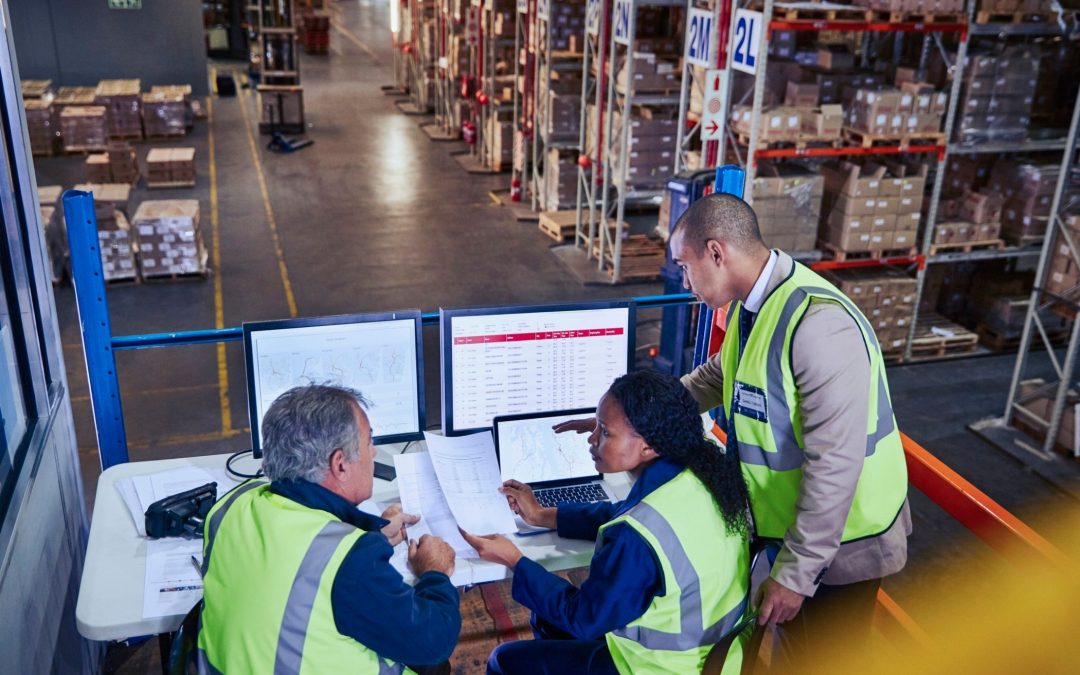A Transportation Management System (TMS) is one of the most important business tools that a warehouse and logistics business can employ. Sitting at the centre of your consignment processes, a quality Transport Management Software provides an integrated platform for all aspects of your transportation arm, including load planning, scheduling, dispatch and monitoring.
While many warehouse based businesses will resist updating their transport software (because it can be time consuming and costly) the reality is that not keeping your system up to speed could end up setting your business back in the long run.
Keeping this aspect effective and efficient will give you a competitive edge and ensure your operation runs without a hitch.
Once you’re ready to implement your first Freight Management Software, or upgrade your existing system, there are a few important preparations you need to make first.
Top Prepping Tips:
- Choose The Right TMS Provider For Your Business
- Find a TMS That Will Be Compatible With Your Needs
- Involve Your People In The Process

Tip 1: Choose The Right TMS Provider For Your Business
This is by far the most important aspect to research and consider when it comes to integrating your first, or new transport management software into your business structure.Here’s a few factors to take into account when choosing a freight software provider.
Industry Experience
There is a wide range of logistics software available on the market, but the more specific to your industry the system has been created for, the better.
Ensure your provider has relevant experience in your industry as this will indicate that they have specific insights they’ve integrated into their systems that you will benefit from. Whilst there are reputable ERP providers out there that may have a particular module for the transport and logistics industry – our Transport Software is developed specifically for your industry and your industry alone.
Satisfied Customers
Ask to speak with some current customers who have used transport software from potential providers and find out how it helped them streamline their operations and if they would recommend it to other businesses.
In some cases, you can also request for potential providers to offer you a trial period or test run of their system to ensure it is the best fit for your needs. Alternatively, you’ll be able to book a demo based on your specific business needs and requirements.
Level of Ongoing Support
The number one consideration when selecting your transport management system provider should be the level of support you and your team are offered, not just at the purchase stage, but right through beyond implementation and ‘go live’ to day to day system assistance.
Quality providers will give you one point of contact so you aren’t needing to endlessly reiterate your requirements and challenges to multiple people. They will also provide training as required, ensure that you are getting the most out of the system features and support you with adapting the system as your business needs shift over time.
Tip 2: Find a TMS That Will Be Compatible With Your Needs
Seamless transition is the aim here. You don’t want to be offline for any longer than necessary, without compromising on the integration of the system being done properly.
The best Transportation Management Solutions should provide you with the following:
Customisable Software
The ‘one size fits all’ system is generally not a wise move for any business, because each enterprise has its own unique requirements and your systems should reflect that.
Ensure that the system you are considering is highly customisable, ultimately so you can get the most out of it for your needs, but also so you don’t need to be changing to a new system in the future once you outgrow it.

Easy Integration
Selecting transport management software that merges with ease with your existing systems and processes is incredibly important as it will mean less down time for your business and a reduction in any glitches once the new system is in place.
If your new software can’t communicate effectively with the systems you already have in place, it could prove to be an ongoing battle with a number of implications that impact on business productivity and profitability.
User Friendly System
Intuitively designed software is going to be a great deal easier for team members to embrace and engage with than anything overly complicated. If it’s too tricky to navigate, there will likely be more errors made, corners cut and features that rarely or never get used.
Ongoing Software Updates
Any quality Transport Software should offer you ongoing software updates to keep your system relevant to industry developments.
Ask prospective providers to give you a clear indication of what is included in the system you are considering, including software updates, and if there are additional costs incurred. What may appear to be a ‘great deal’ could be more costly than it appears up front.
Accessibility
If your TMS can be accessed from anywhere with an internet connection, you are going to be providing your team with a higher level of flexibility.
Systems that require staff to be onsite to access relevant data can largely limit the ability for the business to function optimally.
Cloud based systems and mobile devices will enable your business to operate seamlessly, whether team members are onsite or on the road.
Tip 3: Involve Your People In The Process
Recruit A Digital Project Manager
This is a big project and it is important that someone with the appropriate skillset is overseeing the management of the implementation.
You can hire someone external to your organisation with digital project management skills, or recruit a member of your existing team for the job. Whichever way you go, make sure there is someone in this role and clearly define their responsibilities. A working group can be formed to support and implement any required actions.
I.T Resources – Get The Right Balance
By engaging with professional I.T services from your TMS provider or from your own in-house I.T team, your integration will be supported throughout the process.
Having I.T support is a great way to ensure all boxes are checked and any potential issues are handled from the beginning so your setup is solid.
Training
Quality providers will offer you and your team the appropriate system training so you are familiar with the features and functions and how they work in relation to your existing processes.
Change can be confronting for some, and new tech can be intimidating (whether people admit it or not) so ensuring that your people are given training opportunities is paramount.
Communication With Stakeholders
Keep everyone engaged with the integration process by communicating with timely updates and relevant information on how they may be impacted and/or able to benefit from the new system.
Welcome input from all stakeholders on the new system at each stage of the process, as they can all add details from their perspectives that can strengthen the functions of the system.

The Wrap Up
As you can see, it is vital to do the groundwork in preparing your business before integrating a new system. Failing to do so could make a mess out of your existing systems and ultimately have a negative impact on the bottom line of your business.
Upgrading your TMS to a solution that is customisable to your operations requirements and has the ability to adapt and grow with your business, is what you are looking for, along with decent ongoing support.
It’s important to think ahead and embrace technology through adopting solutions such as logistics software to ensure your business remains relevant and ultimately successful.
Ready To Transform Your Business?
Infocomm is a leading provider of Transport, Warehouse and Supply Chain ERP management software, to clients across Australia and New Zealand.
Like our customers, we’re constantly moving. Unless we’re delivering the latest solutions, we don’t think we’re doing our job. Contact our team of experts to find out how you can embrace technology to transform your business.
Implementing or changing your Transport Management System is a big decision. With our 30 years of experience helping businesses like yours make this change – we’ll ensure it’s as easy as possible, so you can focus on doing what you do best.

